
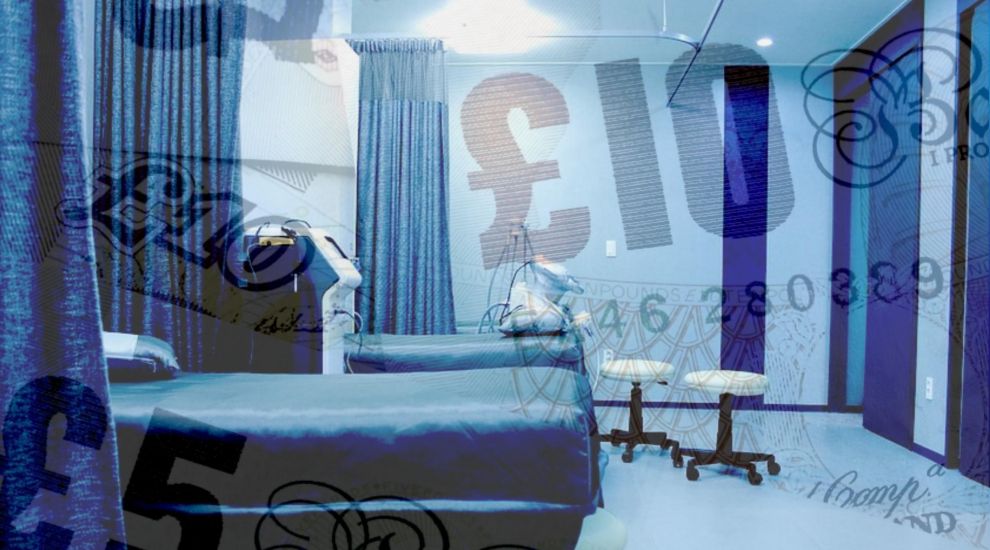

Co-funded GP appointments, fewer unnecessary A&E visits, better mental health treatment, elderly care focused on independence and greater reliance on charities...these are just some of the features of a new healthcare model the Government has put forward in a bid to save £874m by 2036.
The recently published Jersey Care Model (JCM) aims to “transform health and social care, in order to improve islanders’ physical and mental health and wellbeing”.
While the Government had previously shared plans to overhaul local healthcare, Health Minister Deputy Richard Renouf has now published a more detailed version of that vision, which States Members will be asked to approve in the first week of November.
The 493-page document proposes adopting “a patient-centred approach whereby care is financially sustainable, safe and accessible, being provided in the places where people need it the most."
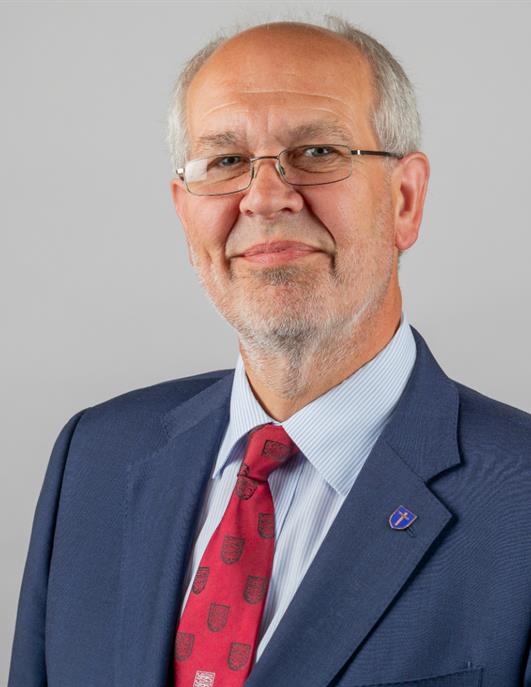
Pictured: The Health Minister, Deputy Richard Renouf, said the JCM will "lead to a more integrated, proactive way of caring for islanders."
“The Jersey Care Model will lead to a more integrated, proactive way of caring for Islanders, which relies less on hospitalisation and encourages self-care and care in the community,” Deputy Renouf said.
If approved, the package of measures will be implemented over three stages, involving the creation of new services, the expansion of others and the relocation of some at a cost of £679m over the next 16 years.
The JCM is forecast to save the Government £874m in expenditure growth, compared to what would be spent if no changes were made to the health care system.
Express has dug through the proposal to provide this summary of the key features...

Pictured: Treatment for conditions such as diabetes and asthma, among others, will happen in the community.
The Care Model aims to “move Secondary Care services into the community” by developing “Primary Care Practitioners with Special Interests”, such as dermatology.
Treatment for long-term conditions (obesity, asthma, diabetes, renal, heart diseases, chronic obstructive pulmonary disease (COPD), end of life care), paediatric consultations, dressing clinics and midwife-led maternity services could be among the services transferred.
Physiotherapy, Trauma and Orthopaedics, Ophthalmology, Community Health Services Dental and Ear, Nose and Throat, which represent 79,850 (42%) of all outpatient appointments at the hospital could also be moved into the community.
Physiotherapy is the top specialty by volume, with 23,145 (12.24%) outpatient appointments in 2018, at an estimated cost of £1.6m.
Turning pre-assessment clinics for opthalmology and ENT into a one-stop clinic could also help make services more efficient, according to the JCM document.
Overall, the Government hopes that 40,232 outpatient appointments (21.28%) could either move to primary care or community partners or be reduced by service optimisation.
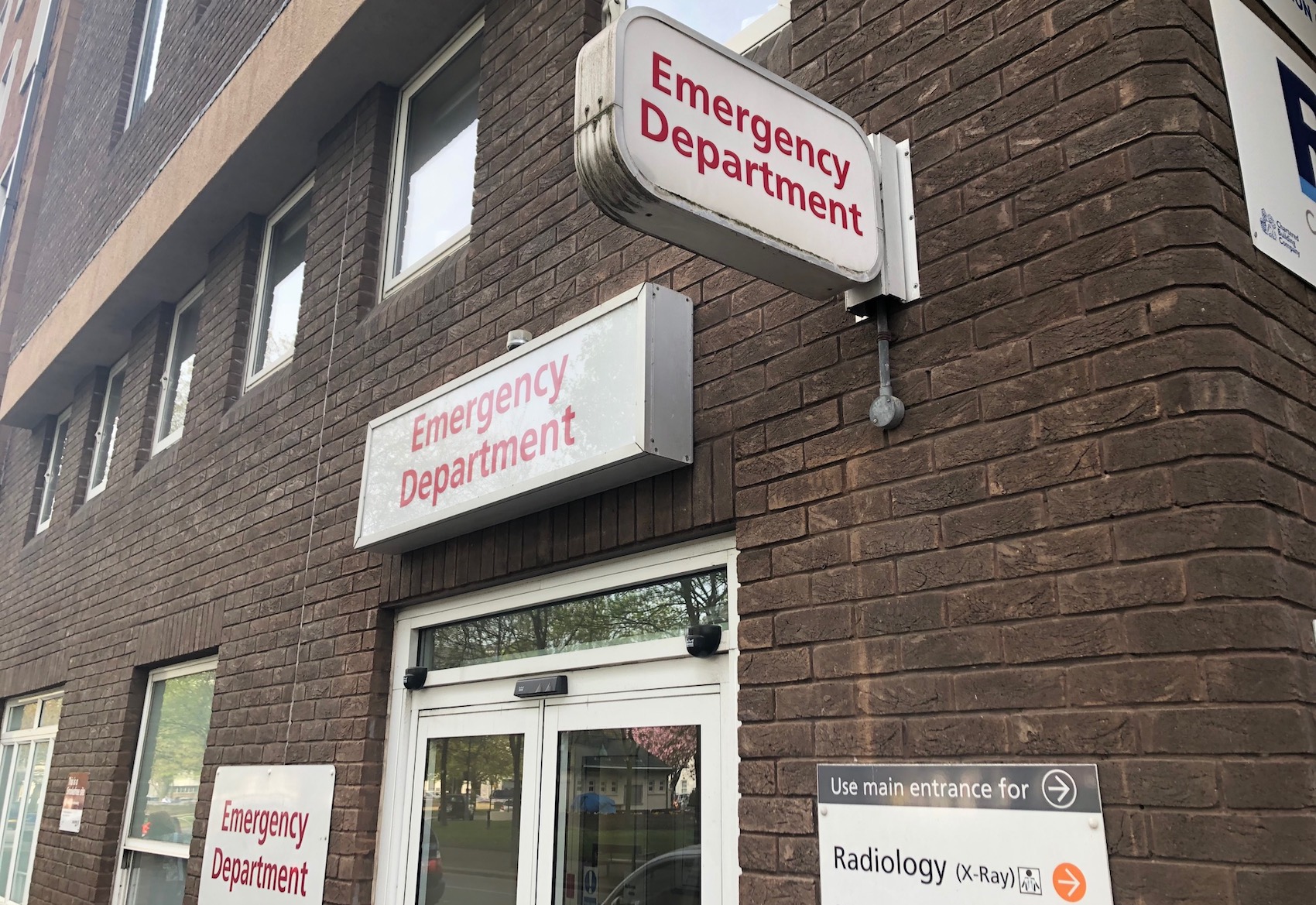
Pictured: In 2018, 30,000 visits made to the Emergency Department didn’t require hospital care.
In 2018, 30,000 visits made to the Emergency Department didn’t require hospital care - a number which the Care Model aims to reduce.
One of the main goals of the model is to "preserve" the hospital for patients who require care that can only be delivered in a hospital setting.
The JCM suggests turning the Accident and Emergency service into an Emergency Care department, to provide urgent and very urgent care, as well as resuscitation.
Meanwhile, other cases would be managed through an Urgent Treatment Centre (UTC) – similar to the one established during the pandemic.
It is hoped that 60% of urgent care would be moved to the UTC, some of which could later be moved to a Primary Care setting.
The document says the creation of a Paediatrics Assessment Unit could help free up more capacity for emergency care, as attendance and admission numbers for infants, children and young people are on the rise, with the majority (48%) involving short-stays.

Pictured: Mental health assessment and acute services would be provided on the same site as physical hospital services.
The Emergency Care Centre would for the first time include mental health assessment with acute services being provided on the same site as physical hospital services, rather than being split as they currently are.
Over the next five years, the Government says it wants to develop community-based alternatives to hospital-based care and offer “timely integrated crisis care” and support over a 24-hour period.
They also plan on improving the safety and effectiveness of services and investing in Primary Care-led mental health, focusing on preventing mental ill health as well as intervening early to give people the best chance of recovery.
The JCM also recognises that many survivors of abuse in a care home had their trauma 'reopened' during the Jersey Care Inquiry and may need additional support. To this end, better trauma care is being planned.
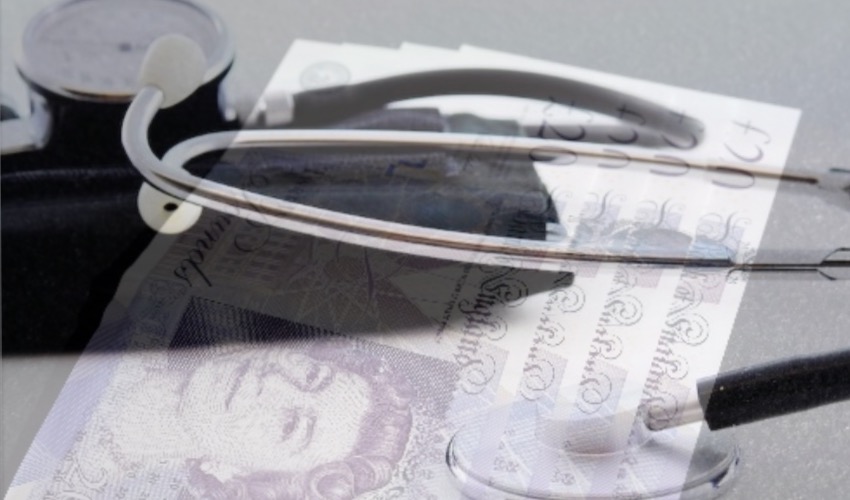
Pictured: The Government is considering co-funding GP visits for some islanders.
In a bid to reduce unnecessary visits to the Emergency Department, the Government is considering co-funding GP visits for some islanders - following a landmark contract with GPs during the pandemic.
It comes from the conclusion that A&E is being “overused” for non-emergencies due to emergency care being free while islanders have to pay to see their GP.
Following a 11-week review of the Care Model, PwC Healthcare concluded that “there is a financial incentive for islanders to seek care in secondary care, where it is free at the point of use.”
Socially and clinically vulnerable patients – which could include pregnant women, children under the age of nine, teenagers and anyone aged over 70 years as well as islanders with one or more chronic conditions – would pay £10 per visit on average under one of the models considered.
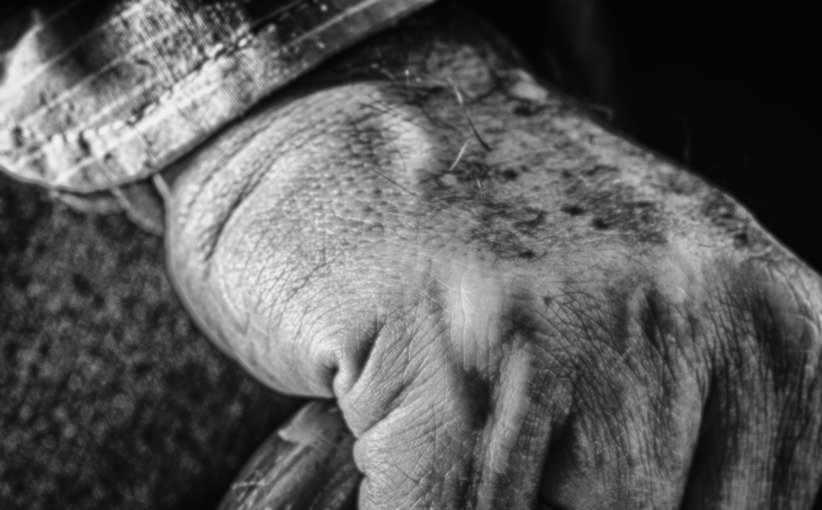
Pictured: One of the aims of the Jersey Care Model is to support elderly islanders to live independently in their own homes.
According to the document, islanders that are older and more frail often become "stranded", staying in a hospital context for more than seven days while they wait for a space in another care institution.
At present, there is a requirement of 38.8 beds for such "stranded" patients over the age of 60.
The Government's aim is therefore to support more elderly patients in living “independently, preferably in their own homes” with the help of the independent sector, instead of elderly care predominantly being an “inpatient function” currently.
It is planning to establish what it describes as a "Community Independence-focussed Intermediate Care function”, which will include a specialist Frailty Ward and Older Person’s Rapid Access.
The service would be made up of Nurses, Social Workers, Therapists, Reablement workers and Mental Health staff and run seven days a week, from at least 08:00 until 20:00, with a “core overnight community function”.
It is expected the service would provide urgent rapid response via nurses, urgent social care assessment and support as well as physiotherapy and occupational therapy services, among others.
In turn, it's hoped that this will take pressure off the hospital and nursing homes.
More third sector organisations could be commissioned by the Government to provide services in the community under the JCM.
The document notes that one in eight adults on the island volunteer for charities, and that advancement of health is one of the key aims of local charities, according to research by KPMG. The Government is therefore aiming to tap into this resource.
Those already working with the Government could be engaged in long-term rather than short-term contracts.
However, the JCM document acknowledges there are a number of hurdles to overcome, such as funding pressures on the charity sector and the retention of volunteers.
Comments
Comments on this story express the views of the commentator only, not Bailiwick Publishing. We are unable to guarantee the accuracy of any of those comments.